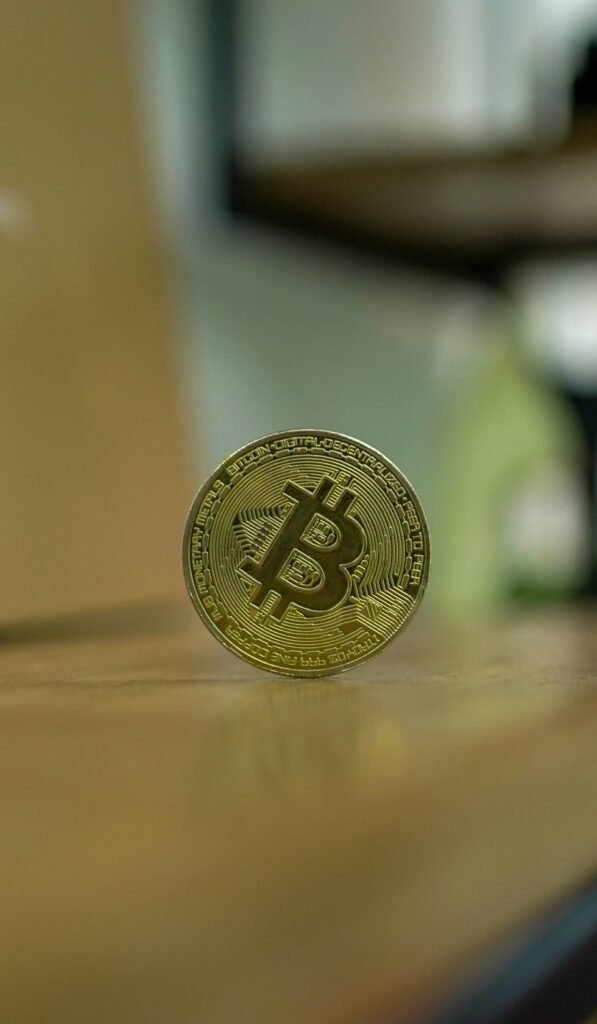El Salvador is reshaping its approach to managing state-owned crypto with a noteworthy move—diversifying its Bitcoin custody. Moving away from a singular, high-risk address to a strategic architecture of multi-address custody, the country is not only boosting its digital asset security but signaling a mature evolution in sovereign crypto management. As the first country to adopt Bitcoin as legal tender, this shift draws global attention—especially with around 6,286 BTC now distributed across multiple wallets. This modernization also aligns with concerns over quantum threats, global scrutiny from the International Monetary Fund (IMF), and domestic expectations for transparency.
Let’s dive into the “why” and “how” behind this updated Bitcoin custody model led by El Salvador’s National Bitcoin Office and what it signals for crypto nations in a growingly digitized and decentralized world.
Why multi-address custody matters for El Salvador
In 2021, El Salvador made headlines with its bold Bitcoin law, adopting BTC as legal tender and routinely purchasing it through public policy. Until recently, the government stored all of its Bitcoin in a single address—a move praised for transparency but criticized for high exposure risks. That’s changed.
The new strategy—multi-address custody—means funds are now divided across several wallets, each reportedly holding up to 500 BTC. This fragmentation reduces the chance of a single point of failure due to cyberattacks, human error, or emerging threats like quantum computing. With Bitcoin worth roughly $686 million in holdings, the stakes are high.
Quantum threats prompt smarter Bitcoin custody
One driver behind El Salvador’s Bitcoin custody diversification is the looming concern over quantum threats. While quantum computing is still in its infancy, it presents a genuine risk to traditional cryptographic systems. The exposure of private keys from a single wallet could lead to catastrophic asset loss.
In a forward-looking move, President Nayib Bukele’s administration has distributed the country’s crypto across multiple blockchain addresses. This not only mitigates quantum computing risks but also aligns with best practices for institutional crypto storage. These steps reiterate the government’s effort to stay ahead in the digital race while safeguarding public wealth.
Public dashboard brings greater transparency
Despite the move away from a singular wallet address, El Salvador hasn’t abandoned transparency. The National Bitcoin Office now uses a public dashboard that displays the country’s digital asset activities in real time. This includes incoming and outgoing transactions for each address involved in the new multi-address custody model.
This hybrid approach—combining better blockchain custody practices with open-public tracking—marks a milestone in trust-building. Citizens and analysts alike can follow the trail of national Bitcoin holdings through blockchain data, promoting civic accountability while prioritizing security.
IMF pressure meets crypto innovation
While the diversification of Bitcoin custody is a technical advancement, it’s also influenced by international dynamics—particularly tensions with the IMF. El Salvador’s ongoing Bitcoin accumulation policy has raised eyebrows with the IMF, which has recommended tighter currency controls and warned of crypto risks.
Balancing IMF recommendations while enhancing the government’s strategic Bitcoin reserves is no small feat. In this light, the custody upgrade isn’t just about private key security—it’s a broader play to reassure international institutions that El Salvador can responsibly manage its digital assets within the global financial system.
Bitcoin Law 2021 still driving long-term policy
El Salvador’s original Bitcoin law passed in 2021 continues to shape the nation’s crypto trajectory. The law set the foundation for BTC’s legal use in commerce and state finance, and now it’s evolving to include governance structures like the National Bitcoin Office and advanced custody frameworks.
Critically, custody diversification strengthens the resilience of government Bitcoin holdings and supports long-term objectives like building crypto infrastructure, attracting foreign investment, and reducing dependency on USD inflows. It also prepares El Salvador for a future where Bitcoin might serve a broader macroeconomic function.
Blockchain custody strategy sets global precedent
Few nations hold Bitcoin on their balance sheets, and fewer still publicize their custody strategies. El Salvador’s multi-address custody marks the first known public pivot of a state crypto reserve away from a centralized wallet system into a distributed blockchain custody model.
This approach could soon serve as a model for other pro-crypto nations or sovereign wealth funds exploring blockchain assets. Secure, transparent, and resilient—El Salvador’s method lays a foundation for the future of government-level crypto management.
Future-proofing with the National Bitcoin Office
Much of this initiative is led by the National Bitcoin Office—a specialized government agency created to execute El Salvador’s Bitcoin strategy. In managing the multi-address custody system and updating the public dashboard, the agency is evolving from a symbolic entity into a robust digital asset custodian.
With a growing tech-savvy population and international crypto community watching closely, the office must continue adapting. This new approach to Bitcoin custody reflects not just internal security priorities but El Salvador’s rising role as a pilot case in sovereign digital asset management.
Frequently asked questions about El Salvador Bitcoin custody diversification (FAQ)
Why did El Salvador change its Bitcoin custody method?
El Salvador diversified its Bitcoin custody to enhance security, particularly in response to potential quantum threats and the risks tied to using a single wallet for all holdings.
How does multi-address custody work?
Instead of holding all BTC in one address, El Salvador now distributes Bitcoin across several addresses, each holding up to 500 BTC. This reduces risk by creating separation between funds.
What role does the National Bitcoin Office play?
The National Bitcoin Office oversees the country’s Bitcoin policies, including wallet management and transparency initiatives like the public transaction dashboard.
Is the public still able to track Bitcoin transactions?
Yes. Despite spreading Bitcoin across multiple wallets, the government maintains a public blockchain dashboard so citizens and analysts can monitor state-held BTC activity.
How is the IMF involved in El Salvador’s Bitcoin strategy?
The IMF has expressed concern over El Salvador’s open commitment to Bitcoin and continues to apply pressure concerning financial risk management. This may influence policy decisions and custody practices.
Sources to this article
- Nakamoto Institute (2023) “Quantum Computing and Bitcoin Risk”. Available at: https://nakamotoinstitute.org
- El Salvador Government Press Office (2024) “National Bitcoin Office Statement on Custody Shift”.
- Bitcoin Magazine (2024) “Bukele’s Bitcoin: Securing 6,286 BTC Amid IMF Tensions”.
- IMF (2023) “Article IV Consultation: El Salvador”.
- Blockchain Explorers: Transactions confirmed through public Bitcoin address analysis.



